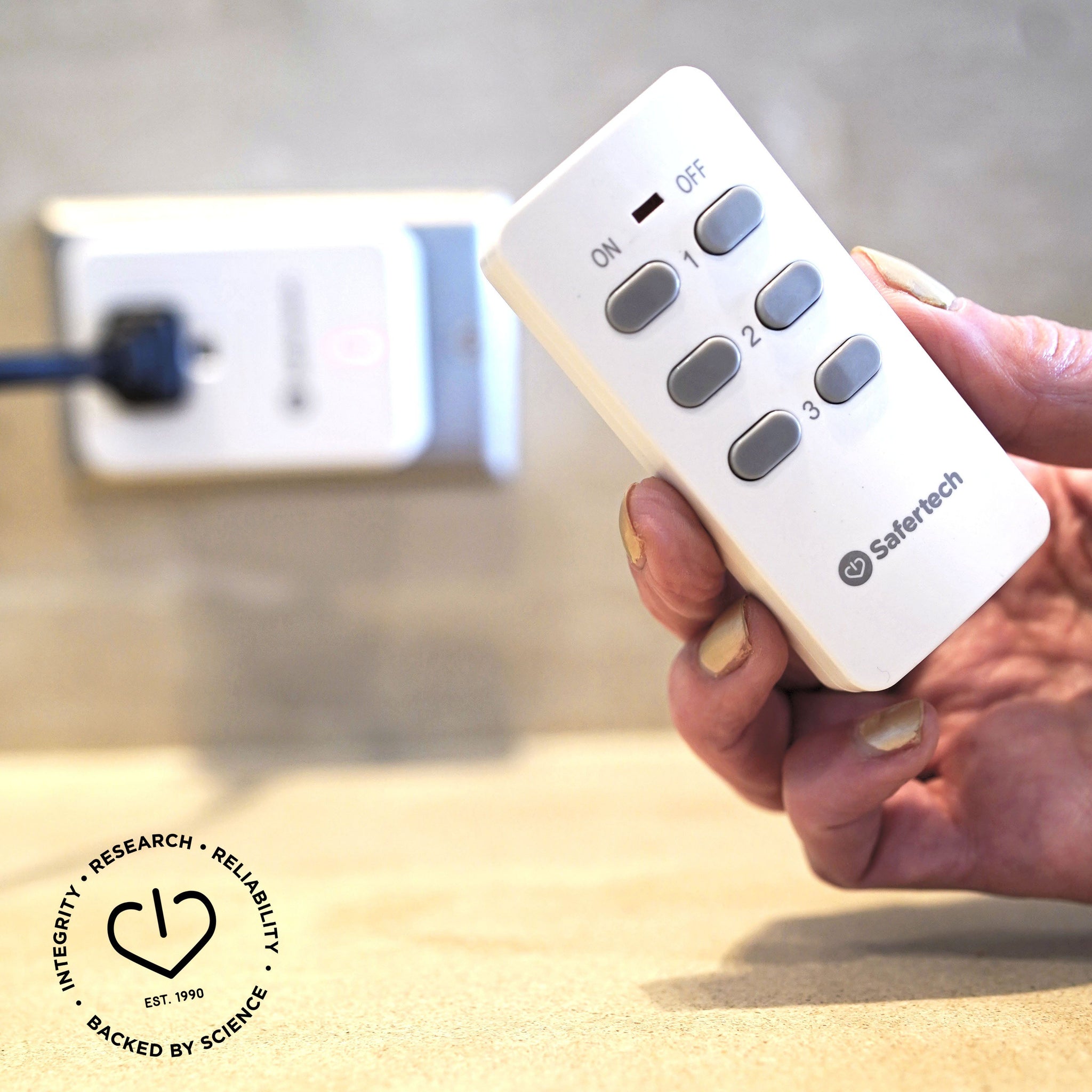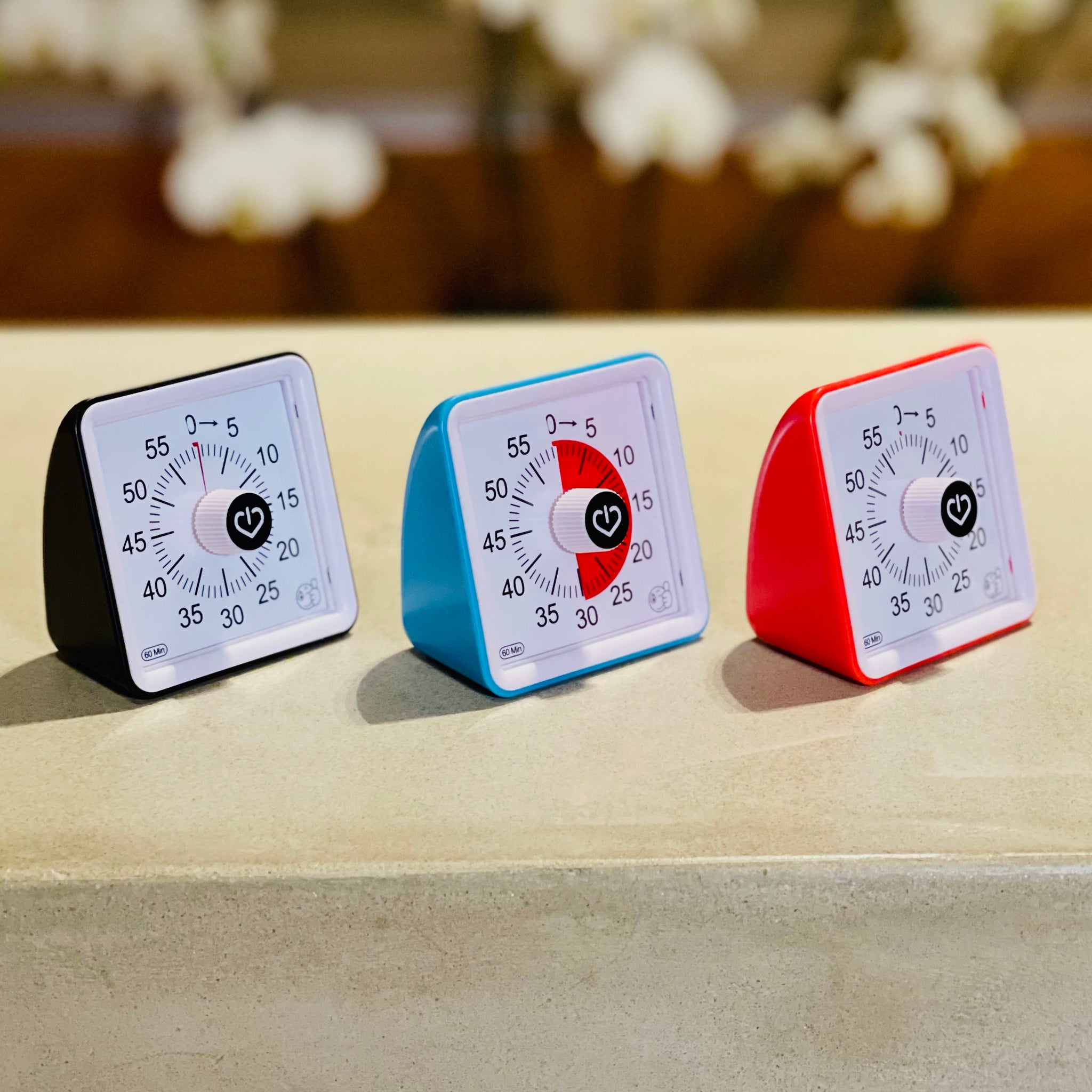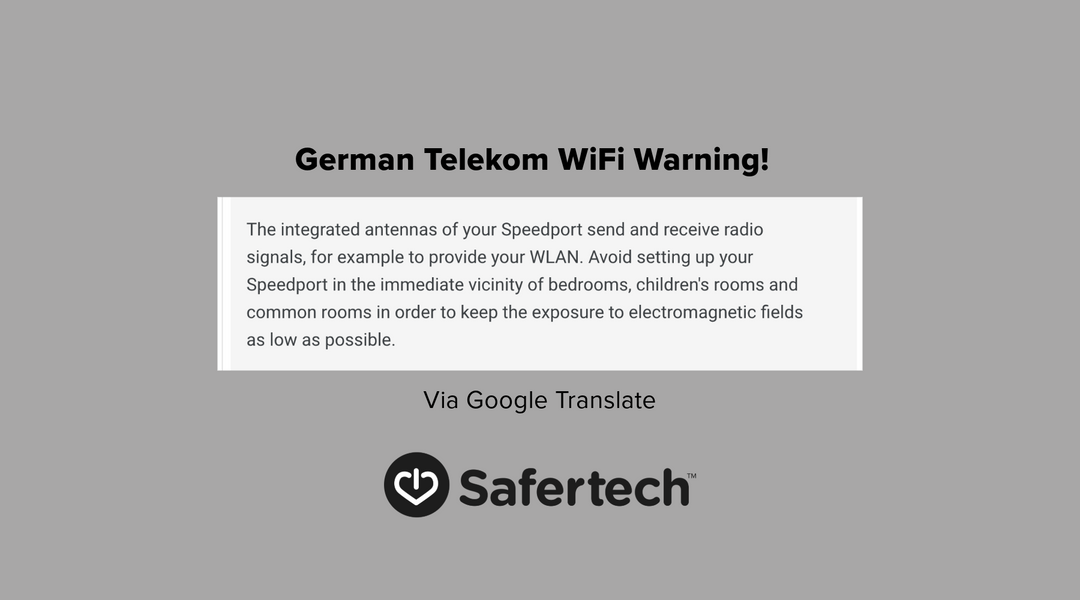Are you feeling the stress that only too much tech can bring?
The symptoms of an overload and over use of tech are things like brain fog, a fuzzy- can't concentrate feeling and confusion
Sounds familiar? You are not alone. In these tech laden times, your tablet, smartphone or computer could be the culprit - and a Digital Detox could be just what you need.
Check out these symptoms
- lack of ability to concentrate
- feeling depressed, irritable or mad
-
insomnia
-
brain fog
- stress of feeling like you must respond, check-in, comment, like or text
Manfred Spitzer, MD and PHd
The tech obsession began in 2000. That's was the introduction of the first smartphone. Remember the euphoria? You could surf the internet, text, and chat with your friends at the same time.
And yet, down the road, this instant access was found to lead to symptoms such as poor focus, burnout, and forgetfulness, according to renowned neuroscientist, Manfred Spitzer, who wrote the book Digital Dementia
The best way to unplug from our devices?
Put it in a Faraday Bag for EMF protection, privacy and a much needed break.
Too much WFH tech time can contribute to burnout.

Dr. Spitzer says there's all sorts of ways our minds are effected from an overuse of digital technology, mainly, the breakdown of cognitive abilities. Spitzer proposes that short-term memory pathways start to deteriorate when we're not using our thinking skills and at the same time, we're using too much technology.
It Started With Complaints of Constant Brain Fog
Spritzer focused on their reports of young adults coming in with complaints of feeling overwhelmed, exhausted, forgetful, and suffering from constant brain fog.
After looking at the data, Spitzer built on the scientists’ conclusions by focusing on the cognitive breakdown present. He theorized that the symptoms occurred when we rely too heavily on our devices and don’t use our short-term memory enough.
Our Attention Spans have been Transformed and Rewired by Technology
There's no doubt. Think about the time that you got your first smart phone. It was probably around the year 2000, right? Well, Microsoft did a study and they found that the average attention span to focus on a task went from 12 seconds in the year 2000 to less than 8 seconds in 2013--a goldfish can focus better than that!

One of Technology's Effects on Your Brain Is Distraction
No wonder were having such a hard time focusing on work now that just about all of it is online!
Life online and on our smartphones is so full of connection and possibilities that we can easily find ourselves in cycles of distraction.
- You're writing an email and a notification that a friend just posted on Instagram pops up
- You're on a call and you get another call while you're texting your daughter because she can't find her homework and she will be late to school
- You're researching a project and land on a page filled with interesting ads that you click on as you bounce back and forth between shopping and researching
Dr. Spitzer says the bottom line is this:
The biggest issue with tech distractability is that it is difficult to make meaningful connections because new information never gets to your long-term memory leading to Digital Dementia, forgetfulness, and burnout.
Instead of going to "long-term memory" the information sits in your short-term memory and then is forgotten.
Reduced concentration lowers your ability to connect new information with old information and, in turn, form more in-depth inferences.
Us? Not using our short-term memory?
Uh, maybe. How many times have you asked someone for their phone number and watched as they began scrolling through their contacts?
Add to the Distraction, Memory issues, Brain Fog and Burnout, the distinct way social media is crushing our mood and well being.
- FOMO Fear of Missing Out is real. So is seeing that you have been left out of a fun event your friends had;
- Betrayal via a false sense of security- of thinking you're connected to a friend when really, the relationship superficial;
-
Social Comparison. It's nothing new- but it manifests differently online and can cause depression and anxiety.
- It can lower their self esteem in many ways:
-
- Selfies and Body image: A study showed that simply by taking and posting a selfie, girls reported less confidence and lower self esteem
-
Lowered self esteem by posting something on social media that reaps of harvest of hate and negative comments causing hours fretting over one single post.
-
Lowered self esteem because of a phenomenon called "post persona" where someone mimics or pretend to be someone they're not- like an influencer perhaps;
- Finally, it's easy tojust become obsessed with social media. Even addicted.
Does any of this make you feel it's time to put your devices down and do a Digital Detox? Here's How
1. Start Slowly. Start Today Stepping away from you cellphone, laptop, social media or email isn't easy and it doesn't have to be hard and harsh. Remember the idea is to clear anxiety, FOMO, brain fog and distraction. So take it easy.
2. Decide how much time and how often to be offline and without digital devices. Try 15 minutes each day for a few days and see how that goes. The idea is work up to a set amount of time each day or each week or even each month when you're not letting your cellphone and all the stuff you do with it, make you feel bad
3. Access how you feel. This is the best way and the only way to really get a hold on what's happening when you're on and when you're off your devices. Take note of what's on your mind, how you body feels, how are you breathing, what are you looking at. If being off tech makes you anxious, nervous, scared or bored, these are clues that you are not living in balance with tech and it very well could be controlling you.
4. Stick with it. That's how change happens. Even just 15 minutes every day will allow you to begin to gain perspective. An hour a day brings the joy of knowing that life exists quite nicely without the blue light, EMF and one dimensional distraction. A full day once a week or once a month can be life changing and life giving. Whatever you do, make a digital detox part of your life.
Here are some ways to make it easy and more fun.
Your WiFi is A Constant Source of Distraction and EMF Turn it off This Way: The Safer Tech WiFi Kill Switch lets you turn off WiFi with the click of a button. Any time and everytime. Try it and you’ll discover you’ll be more mindful of when you really need to access the internet. Bonus: No WiFi = No EMF radiation! It's best to not get super-close to the router to keep toggling it on/off. Off goes the WiFi connection and along with it the wireless energy and the endless procrastination opportunities. Relax. Read. Dream.
 Your Bedroom without Blue Light OR Say no to digital devices in your sleep sanctuary. The wavelengths of blue light that screens emit, impact our ability to create melatonin—which can have emotional effects as well as keep us from sleeping. The crazy thing about blue light is that studies show that even if we are exposed to it for a few seconds—hello notifications—melatonin production and our precious and regenerative sleep cycles can be disrupted. Total darkness for optimal melatonin production The National Sleep Foundation recommends powering down all devices 2 hours before bed. We arm ourselves with wrap-around Blue Blocking glasses starting at nightfall. Affordable and effective.
Un-invite distraction and focus on you.. That means devices out of site. Ahhhhhh. You can do this and you'll feel better for it. Deep Breaths in, deep exhale out. Again ... ahhhhhhh. Hold for four seconds on the inhale and exhale. You’ll be more focused and relaxed. Taking a yoga, pilates or meditation class is great for breath work—this is the same valuable mind/body connection. This awesome timer might be the ticket for you.
Dinner sans devices. Same goes for dates. So romantic, focused and intimate ... try it—park your phones or devices in a basket and let the conversation begin. Then, sit back and let the distractions melt away. First one who touches the phone stack has to do the dishes or pay the dinner bill (that'll do the trick)
Pen to paper. This is so fun. Good therapy for your brain, your focus and organization—even your handwriting skills. Keep a pad handy in your bag or pocket and instead of whipping out your phone during class, seminars, church or meetings, take notes on paper. You’ll get better recall. Experts say we remember things we write, more readily than when we type. Try this with even simple things like your shopping lists. It feels good to physically cross stuff off lists—so satisfying and productive! We love this collection of journals that inspire us and motivate us to stay mindful!
Your Bedroom without Blue Light OR Say no to digital devices in your sleep sanctuary. The wavelengths of blue light that screens emit, impact our ability to create melatonin—which can have emotional effects as well as keep us from sleeping. The crazy thing about blue light is that studies show that even if we are exposed to it for a few seconds—hello notifications—melatonin production and our precious and regenerative sleep cycles can be disrupted. Total darkness for optimal melatonin production The National Sleep Foundation recommends powering down all devices 2 hours before bed. We arm ourselves with wrap-around Blue Blocking glasses starting at nightfall. Affordable and effective.
Un-invite distraction and focus on you.. That means devices out of site. Ahhhhhh. You can do this and you'll feel better for it. Deep Breaths in, deep exhale out. Again ... ahhhhhhh. Hold for four seconds on the inhale and exhale. You’ll be more focused and relaxed. Taking a yoga, pilates or meditation class is great for breath work—this is the same valuable mind/body connection. This awesome timer might be the ticket for you.
Dinner sans devices. Same goes for dates. So romantic, focused and intimate ... try it—park your phones or devices in a basket and let the conversation begin. Then, sit back and let the distractions melt away. First one who touches the phone stack has to do the dishes or pay the dinner bill (that'll do the trick)
Pen to paper. This is so fun. Good therapy for your brain, your focus and organization—even your handwriting skills. Keep a pad handy in your bag or pocket and instead of whipping out your phone during class, seminars, church or meetings, take notes on paper. You’ll get better recall. Experts say we remember things we write, more readily than when we type. Try this with even simple things like your shopping lists. It feels good to physically cross stuff off lists—so satisfying and productive! We love this collection of journals that inspire us and motivate us to stay mindful! Set a Social Media schedule. If you need Tweet, FB chat or Insta daily, then set a time and stick to it. After lunch for 15 minutes ... and then, here’s the hard part—that’s it. You can use also use an app like Calendly that pre-schedules your social media ahead of time and shows you what the layout would look like. Feeling even more powerful? Try getting down on a bi-weekly schedule. I can’t believe I’m down to a weekly visit to FB. I allow an hour a week to stay in touch or you can take the app off of your phone (Facebook messenger, too—which is known to breach privacy). This gives me more time every day to be productive ... and actually enjoy this gorgeous world, and the fabulous people and things in it.
Movement unlimited by wireless energy. Crush that spin class, that run or workout this way: Enjoy your playlists or podcasts whilst in Airplane Mode. so you're exposed to very little EMF-or POWER OFF! That way there's zero, nada, not a speck of wireless energy (also called yikes-radiation) that can interfere with your body's energy. Science has armed us with over 2000 studies pointing to biological insults from the energy that powers our devices. Try it and get the most from your exercise routine. We love the unplug mindfulness cards we found that serve as gentle reminders.
Once a day, share something tangible. We love, love, love this! Share your thoughts in something like this lovely journal—or even writing a note of gratitude, or sending a happy message to someone on paper. Bake something and share it. A chocolate chip cookie certainly beats a text! Humans thrive on connection. Give someone a hug or a snuggle who needs it.
Set a Social Media schedule. If you need Tweet, FB chat or Insta daily, then set a time and stick to it. After lunch for 15 minutes ... and then, here’s the hard part—that’s it. You can use also use an app like Calendly that pre-schedules your social media ahead of time and shows you what the layout would look like. Feeling even more powerful? Try getting down on a bi-weekly schedule. I can’t believe I’m down to a weekly visit to FB. I allow an hour a week to stay in touch or you can take the app off of your phone (Facebook messenger, too—which is known to breach privacy). This gives me more time every day to be productive ... and actually enjoy this gorgeous world, and the fabulous people and things in it.
Movement unlimited by wireless energy. Crush that spin class, that run or workout this way: Enjoy your playlists or podcasts whilst in Airplane Mode. so you're exposed to very little EMF-or POWER OFF! That way there's zero, nada, not a speck of wireless energy (also called yikes-radiation) that can interfere with your body's energy. Science has armed us with over 2000 studies pointing to biological insults from the energy that powers our devices. Try it and get the most from your exercise routine. We love the unplug mindfulness cards we found that serve as gentle reminders.
Once a day, share something tangible. We love, love, love this! Share your thoughts in something like this lovely journal—or even writing a note of gratitude, or sending a happy message to someone on paper. Bake something and share it. A chocolate chip cookie certainly beats a text! Humans thrive on connection. Give someone a hug or a snuggle who needs it.








